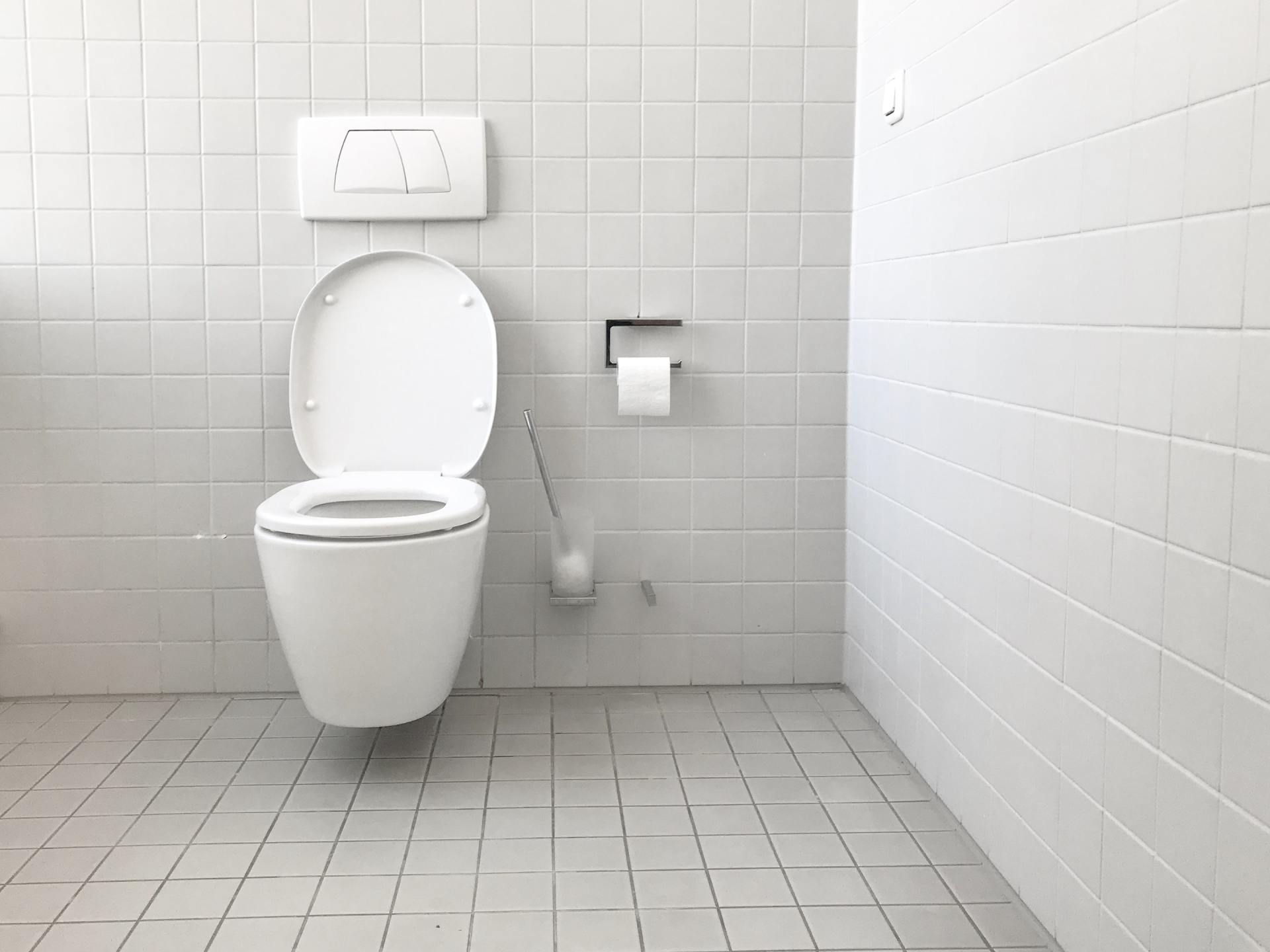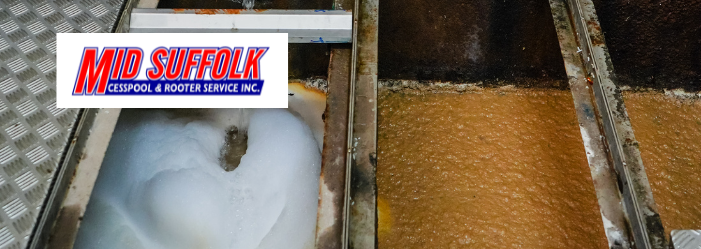Why Regular Cesspool Maintenance Is Important
October 2, 2020
Why Regular Cesspool Maintenance Is Important?
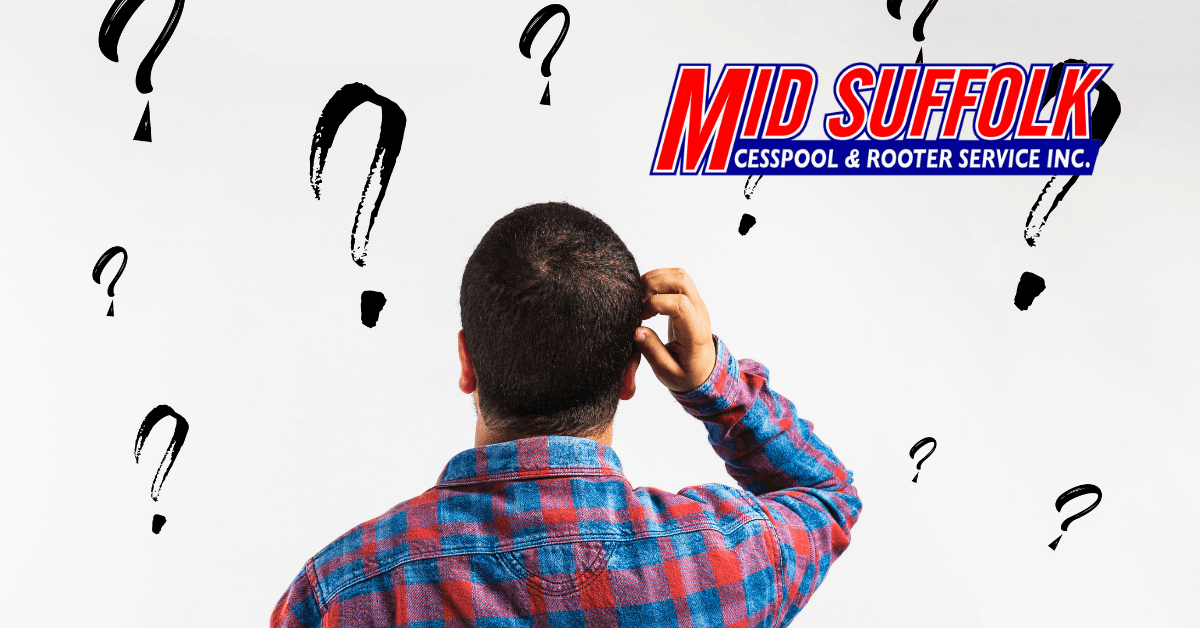
Like everything else in life, your cesspool also needs regular maintenance. This makes sure you don’t end up polluting your living space and causing tension in your neighborhood. So, love thy neighbor and keep cleanliness your top priority.
Why Should I Invest in Regular Maintenance?
Do you ever wonder where the water goes every time you flush the toilet? It goes into your cesspool. Do you know what happens when you don’t do your due diligence and get your cesspool pumped?That sewage comes back with a vengeance.
Overflows are among the most common complaints surrounding cesspools. When not pumped or cleaned out regularly, the wastewater builds up faster than the cesspool can get rid of it. It then flows out of the cesspool into the surrounding soil before reaching the surface. This makes for a very stinky backyard.
Unless, of course, you get a backup. This clogs your toilets, and the sewage, having nowhere else to go, overflows into your house. It’s a very good reason to not skimp out on maintenance.
Though these are all severe cases, there is a multitude of milder reasons why you should keep a well-maintained cesspool:
- Foul odor: In case of a blockage, the first sign is the pungent scent of rotten eggs hanging in the air. You could be having methane leaking into your ventilation system from your drains, making your bedroom stink like a pigsty.
- Slow draining toilets: If your toilet takes forever to drain, or is constantly backed up, it could be a sign that your cesspool needs help. Sure, you can try plunging, but it’s a constant annoyance you’d rather not have.
What Can I Do to Maintain My Cesspool?
- Don’t flush hygiene products like diapers and paper towels. They are not designed to be flushed and are neither easy nor quick to decompose. They will sit in your cesspool until you have it pumped and raise the chances of a blockage or clogging.
- In a similar vein, avoid dumping bones, vegetable matter, or other organic waste in your garbage. When they decompose, they release grease, fat and other insoluble liquids into the cesspool.
- Powdered laundry detergents use a form of insoluble clay which can contribute to clogging. Avoid using them as much as you can. Instead, use liquid detergents.
- Say no to grease. It lines the pipes and will make hair and other debris stick to it, causing massive blockages. This is because grease, when cooled, exhibits adhesive qualities.
- Don’t use too much water at the same time. The waste in your cesspool takes time to break down and sending down large volumes of water in a short amount of time could very well overwhelm the capacity of your cesspool.
We can all do our bit to keep our living space sanitized and ourselves in good health -which is what makes regular maintenance so very important for your septic system. You owe it to yourself to live in a stink-free world.

The best thing you can do to prevent overflows is to keep your cesspool clean. Instead of lifting the lid to check and letting noxious gas escape, you can install an alarm that warns you when the cesspool is at a certain capacity.
Be proactive. Contact us and get your cesspool cleaned out before the holiday season takes over!

Cesspool septic systems are built to last, but sometimes they can run into issues, especially if they aren’t pumped every few years. If you are noticing signs of a cesspool emergency, such as water coming back up through the drains in your house, it’s important to know what to do (and what not to do).

It’s summertime… the weather is hot, the air is humid, and severe thunderstorms are rolling across the nation. Perhaps your septic maintenance is the last thing on your mind. If so, we’d like to change that! With the extra humidity and rainfall that occurs in the summer, you need to make sure your septic system is in good condition. Otherwise, you risk getting into a very stinky situation.
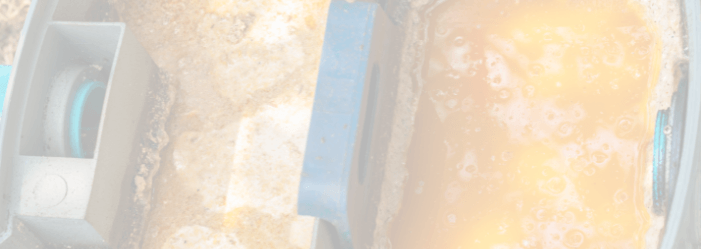
Grease traps are an important part of any business offering food, baked goods, or related services. When working in the food industry, whether you’re a restaurant or bakery owner, you deal with many fats and oils. Grease traps may be standard equipment there to help you stop grease in your wastewater, but it has a lot of importance to your business.

When your home has a septic tank, it’s crucially important to keep on top of routine maintenance. Otherwise, you run the risk of contamination and water damage. If the tank is not well looked after, you could end up having to pay a hefty price later down the line to fix any problems that come up.
But sometimes, even in spite of our best efforts, problems do arise. That said, you should learn how to identify common septic emergencies early on so that you can catch them before they become a major problem.
So, what is a septic emergency, and how can you spot them? If you want to find out, then read on

Bath bombs have long been a popular way of sprucing up your soak. Perhaps you received some bath bombs for Valentine’s Day, perhaps they were a birthday gift, or perhaps you just had a long week at work and decided to treat yourself. But before you fill up that tub, it might be worth considering what bath bombs could do to your plumbing.
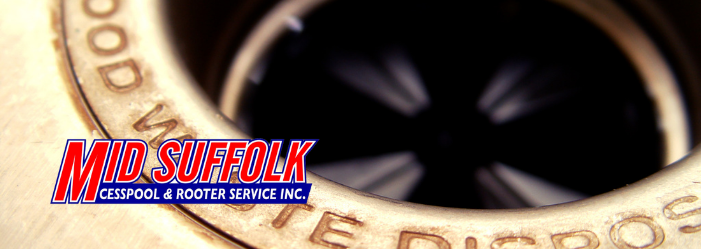
Having any plumbing problem at all is usually unpleasant, mainly because it happens at the least unexpected time. But it becomes even more frustrating when you accidentally cause the problem with your own two hands.
We all know that you’re not supposed to pour grease down the drain — but did you know that there are lots of cleaning products that are bad for your drain as well? If you want to avoid blocking your drain with the wrong cleaning solutions, read on!


